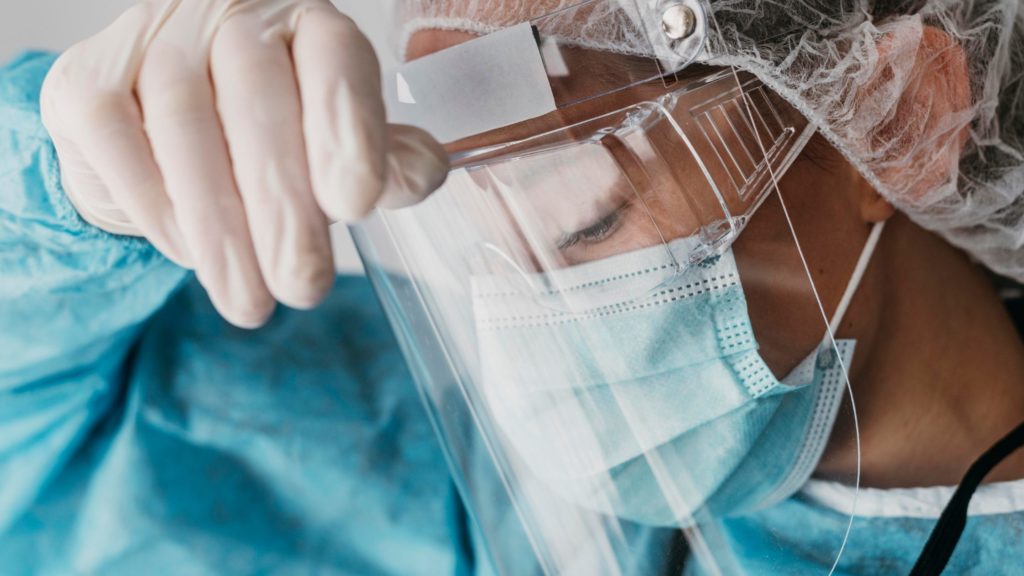Health Screenings in Singapore | Importance of Health Screenings
Healthcare | Lifestyle
 by Priyadarshini
13 June 2022
by Priyadarshini
13 June 2022
We can all agree that health and medical assistance are fronts of mind right now. In an era when health is a top issue, it’s useful to know how much you may anticipate paying for a screening. Surprisingly, health tests in Singapore have a reputation for being expensive because we’re used to hearing that everything medical on our tiny island is expensive. To be honest, the reality is quite the reverse. We tell you about health screenings in Singapore.
In Singapore, there are numerous healthcare providers offering a variety of health screening packages ranging from very reasonable to excessively expensive. We unearth some startling facts concerning the cost of health checks in Singapore.
Health Screenings in Singapore
The value of health screenings
Medical check-ups are crucial since they help you determine if you have any underlying health concerns that you may be unaware of. Early discovery, followed by therapy and effective control of the illness, can lead to better outcomes and reduce the chance of serious consequences. Certain chronic diseases, such as diabetes, require longer to develop and can be better controlled with fewer complications and better long-term outcomes if discovered early.
Cancer is one such case. Cancer starts small, and by the time a patient experiences pain, bloating, or an apparent lump, cancer may have advanced and it may be too late.
How frequently should you have your health checked?
Many factors influence the frequency of your health checks, including your age, health risk, and gender. A thorough body check-up should be done once a year as a general guideline. The fact that no health conditions were discovered during your last examination does not imply that there are no problems now.
Some diseases, such as hypertension (high blood pressure), diabetes, and cancer, are more prone to develop with age and may strike unexpectedly. Regular health screening is essential since early diagnosis is required to nip an issue in the bud.
It’s time for yearly medical check-ups if you’re over the age of 18.
A health screening is advised for everybody over the age of 18. Here are some age-appropriate screening tests:
Obesity in people over the age of 18
Screening exam: Waist circumference, Body Mass Index (BMI)
The frequency is once a year.
High blood pressure (High blood pressure)
Screening exam: Blood pressure reading
Once every two years, or more frequently if your doctor recommends it.
Health Screenings in Singapore
Diabetes mellitus patients aged 40 and up
Screening exam: HbA1c, fasting blood glucose Once every three years, or more frequently if your doctor recommends it.
Hypercholesterolaemia (High blood cholesterol)
Screening exam: Non-fasting lipids and fasting lipids
Once every three years, or more frequently if your doctor recommends it.
Women between the ages of 50 and 69
Screening for breast cancer: Mammogram
The frequency is every two years.
Other forms of health screening services are offered in Singapore.
In general, there are two sorts of health screenings: independent health screenings that seek to produce a snapshot of a person’s overall health and medical procedures that screen for specific disorders.
Standalone health screenings are available on a variety of levels, ranging from a basic health check incorporating a few components to extensive events that cover more ground and employ more tests and procedures. Needless to say, the more involved the screening, the more expensive the bundle.
If you or your healthcare practitioner, on the other hand, wish to focus on a certain disease, you can have a specialized health screening that provides a more in-depth examination.
What happens during your health examination?
At the most basic level, you will go through the following steps during your Singapore health check-up:
A certified physician will conduct a medical health evaluation to evaluate potential hazards based on medical history and lifestyle.
A physical examination includes measuring your height, weight, BMI, and vision.
A blood glucose test is performed after fasting to determine diabetes risk.
A blood cholesterol test to look for high cholesterol levels that are linked to an increased risk of heart disease.
Typical health screening packages go beyond the four basic tests listed above. This is just to offer your healthcare professional a more full picture of your health status. As a result, you may be subjected to extra examinations and procedures such as:
A blood pressure test to ensure normal blood pressure levels. An ECG (electrocardiogram) is performed to check whether your heart activity is normal and to detect certain cardiac diseases.
A complete blood count to see if you have anemia.
A urine analysis is performed to determine appropriate kidney function.
A chest X-ray to rule out any lung issues.
Insurance | Credit Cards | Loans | Banking |




